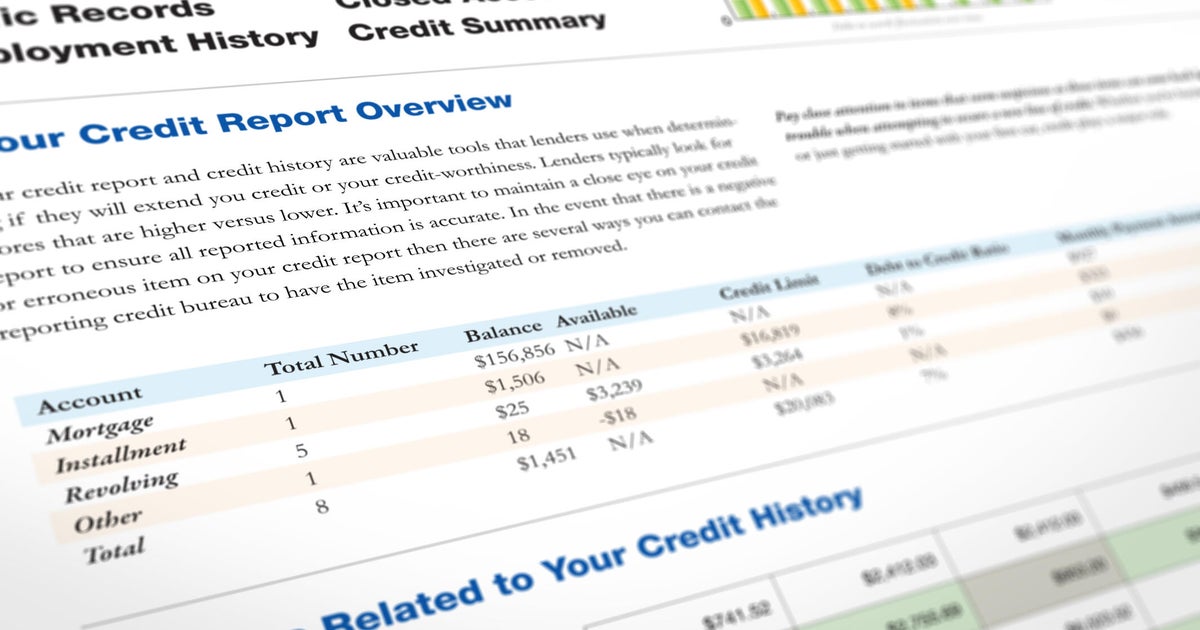

No response returned

When it comes to minor financial missteps, few are as common, or as potentially damaging, as on your credit report. But with still putting pressure on household budgets and interest rates stubbornly high, many people are stretched thinner than ever. As a result, it can be easy to push off debt payments by a few days, and then a few weeks, resulting in them slipping through the cracks over time. You may not even realize you overlooked a payment until you check your credit report and see it.
And that, in turn, could have a big impact on your finances. After all, carries serious weight. It affects everything from the rates you're offered on loans to your ability to rent an apartment or even land certain jobs. That's why a single late payment can feel like more than just a minor mistake. It can feel like a threat to your overall financial stability. But while to your finances, they don't have to completely define your credit future.
There are a few strategies you can use to try and remove a late payment from your credit report — or at least soften the impact. Below, we'll outline what you can do to try to remove a late payment from your credit report to get things back on track.
.
Before you take any action, it's important to determine whether the late payment listed on your credit report is legitimate, meaning that you really did miss the due date. If you take steps to and determine that it's valid, credit bureaus are generally under no obligation to remove it. That doesn't mean you're out of options, though. Here are some of the approaches you can use to try to get a late payment off your report:
Request a goodwill adjustment. If you have a strong payment history and this is a one-time slip, you can write a goodwill letter to the credit card company or lender. In this letter, you typically acknowledge the late payment, explain why it happened (for example, a medical emergency, temporary hardship or simple oversight) and ask them to as a gesture of goodwill. Some creditors are willing to do this, especially if you've been a reliable customer.
Dispute inaccuracies. If you believe the late payment is an error — maybe you were never late or the payment was marked late by mistake — . You can submit disputes to the major credit bureaus (Equifax, Experian and TransUnion) online or by mail. You'll need to provide documentation, such as bank statements or payment confirmations, to back up your claim, but if the bureau finds that the information is incorrect, they must remove it.
Negotiate with your creditor. You may be able to to remove the late payment from your report, especially if you're willing to take action in return. For example, you might offer to enroll in autopay, pay off a past-due balance or bring an account current in exchange for the removal of the late mark. This type of negotiation is known as a "pay for delete." Not all creditors will agree to do this, but it's worth asking.
Wait it out. If none of the above approaches work, you may just need to wait it out. Late payments for up to seven years, but the impact that a late payment has on your score lessens over time. Consistently making on-time payments after a late mark can help your credit recover faster.
.
Late payments aren't just a small ding on your record. They can have a surprisingly big impact, especially if you have an otherwise clean credit history. Here's what you need to know about the potential impacts:
Removing a late payment from your credit report isn't always easy, but it's worth trying, especially if the late mark is hurting your score or doesn't accurately reflect your payment behavior. Start by reaching out to your creditor with a goodwill request or file a dispute if you believe there's been a mistake. If those options don't work, focus on rebuilding: Make every future payment on time, reduce your overall debt and be patient as your credit recovers.





